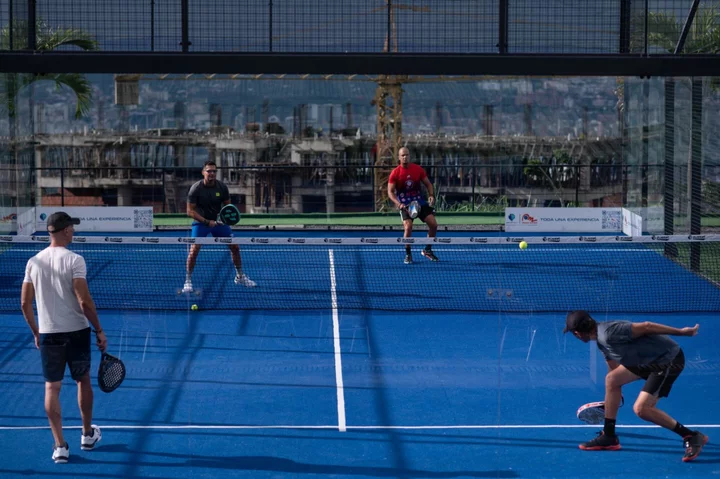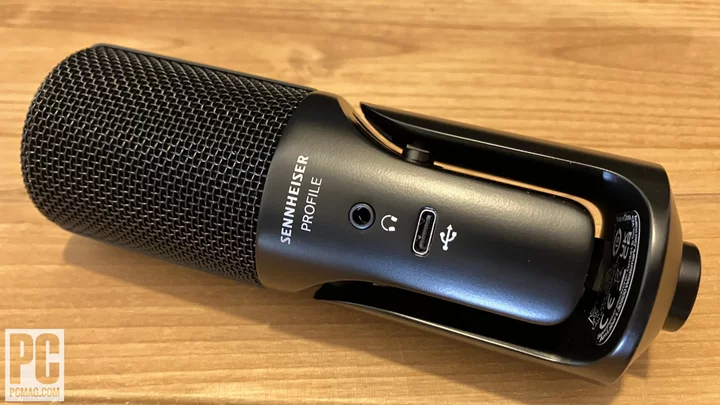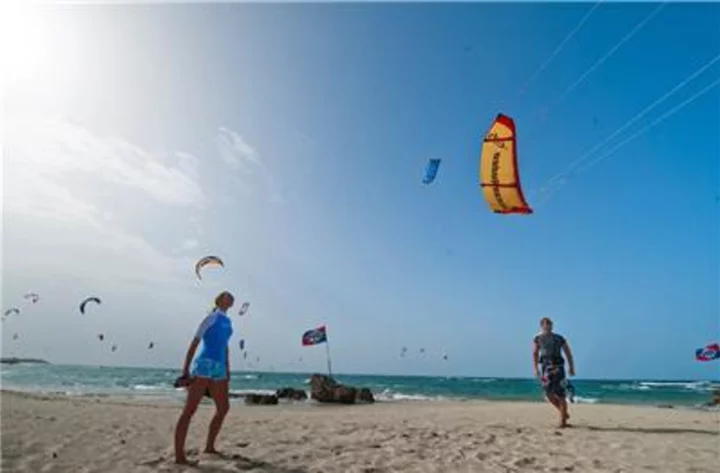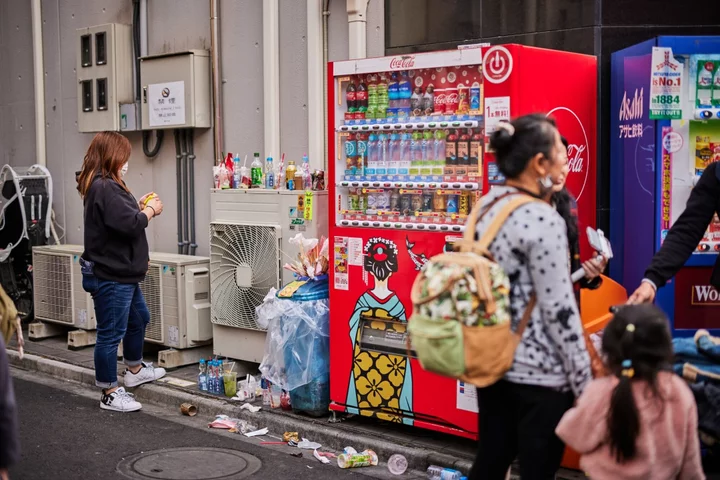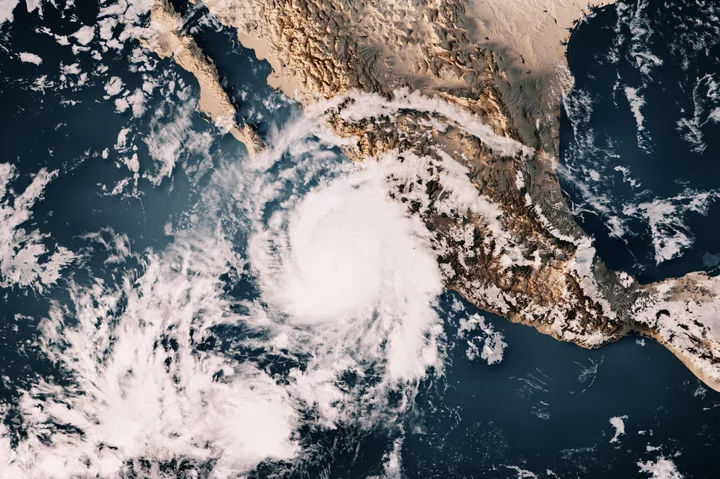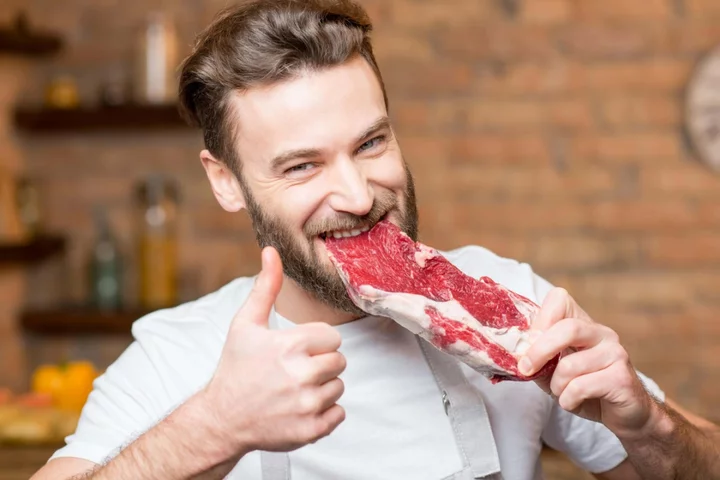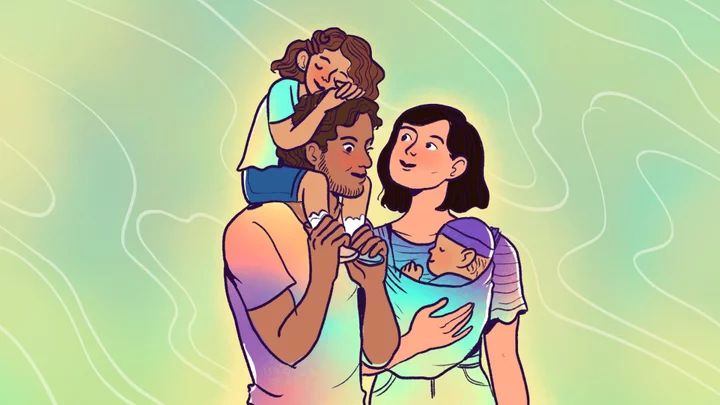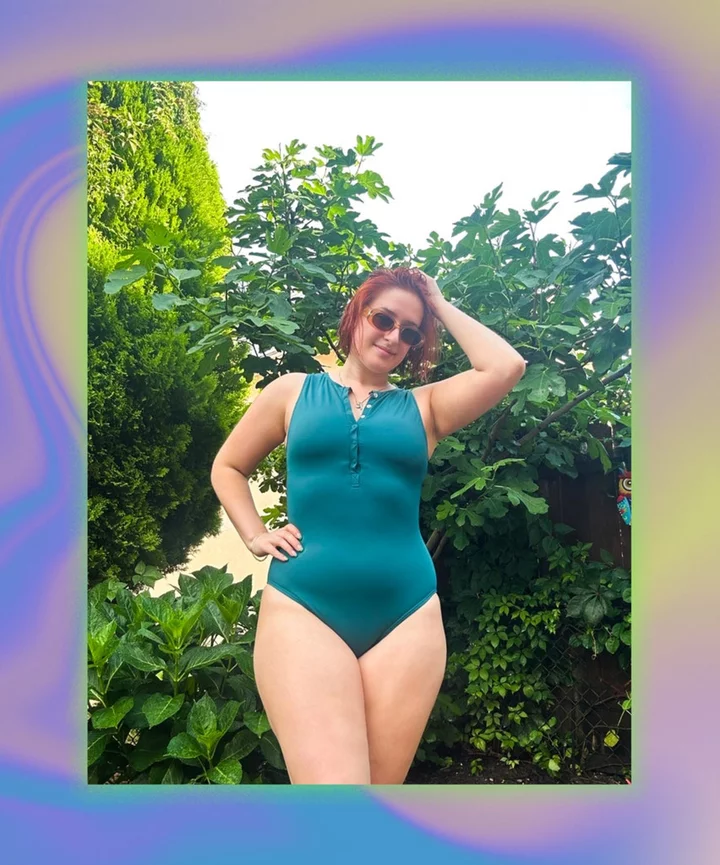Nicolas Maduro is cracking down on the Venezuelan elite’s growing obsession with padel tennis, blocking the construction of courts as the sport’s disorderly proliferation begins threatening the capital’s green spaces.
Officials from the government’s so-called eco-socialism ministry recently taped off the perimeter of a club seeking to break ground in eastern Caracas, after neighbors protested against construction in a long-established wooded area. There are now over 100 courts in the capital, from less than 30 a year ago, according to the Venezuelan Padel Federation, and there will be at least 250 nationwide by the end of 2023.
“There are a lot of places you could build padel courts in Venezuela,” Maduro said last week on state television. “But they shouldn’t be destroying green, common areas of a community.” While acknowledging the sport’s growing appeal, he added that concerned residents could count on his government’s full support.
Padel, a cross between tennis and squash that originated in Mexico, has grown popular among the capital’s wealthy class. Top executives, lawyers and politicians battle for time slots at newly-installed facilities before and after work, where they linger to sip $6 smoothies or $8 cocktails at courtside bars. A 90-minute session goes for about $40, but can trade for more in WhatsApp chat groups where people resell scarce bookings during the most popular hours.
Although enthusiasts believe the sport’s popularity has spread outside the upper-class circle, most courts are located in prestigious neighborhoods or private clubs. That puts them out of reach for many Venezuelans who still struggle with rampant inflation and stagnated salaries.
The game landed in Venezuela in 2005 with a single court mostly used by officials from the Spanish embassy. Its popularity blew up as the country emerged from the Covid-19 pandemic, when available facilities became insufficient and a de facto dollarization of the Venezuelan economy made padel clubs a profitable business, said Luis Diaz, director of the padel federation.
Turnout at padel tournaments has doubled since the start of the year, with 4,000 competitors across the main skill categories nationwide, Diaz said. In October, Venezuela will host the Pan American Absolute Padel championship for the first time, welcoming the best players from 11 countries.
Padel has also been expanding elsewhere. A recent study by Deloitte anticipates it will become a global sport, with courts doubling to 85,000 worldwide by 2026 while it spreads through Europe, the Middle East and Asia. In Latin America, it’s popular in Chile, Paraguay and Argentina (including with soccer star Lionel Messi).
Unlike pickleball, which is threatening the dominance of tennis in the US, padel requires a purpose-built court given the walls are in play. Setting up a club can cost as much as $50,000 per playing surface — not including amenities — the initial investment can be recouped in less than two years given the recent burst of interest, according to Carlos Garcia, co-founder of Zusset, a Venezuelan padel equipment brand headquartered in Panama, who also manages a 600-student padel academy.
For both court owners and players, padel isn’t just a sport, it can also be used for networking and socializing, said Maria Manuela Muskus, co-founder of Zero Project, a company that manages clients for sports academies. “Someone told me recently that padel is the new golf,” she said.
But the growing need for new courts has developers seeking out empty lots, often in quiet residential areas, prompting outrage from those who live nearby.
Maduro’s intervention was in response to a project in a residential enclave called La Alameda, home to about a thousand people in nine apartment buildings. The conflict went viral on social media as neighbors denounced developers for what they describe as environmental permits that don’t adequately consider impacts on wildlife and ground stability.
Mayor Darwin Gonzalez said he is looking for a solution to the problem that benefits all sides, since the issue involves both property and environmental rights, as well as social harmony. The club was set to be built on private property, but residents question the ownership of the land.
“We are not attacking the company, we are attacking the government institutions that allowed this,” said Alberto Albarracín, president of a neighborhood association and one of the main activists against the padel courts.
Representatives of the group behind the development didn’t respond to request for comment. Construction remains halted while the authorities review its environmental impact.
Another controversial project is located in a nearby neighborhood, inside a community sports center. Residents there complain that it seeks to profit from infrastructure meant for public use free of charge.
“The sports center is ours,” reads a red-lettered banner hung at the entrance of the facility. “No to privatization.”
In addition to environmental concerns, it seems likely that ideology and class divisions are what have now put the sport in the Maduro government’s crosshairs.
Read More About Venezuela: Venezuela and US in Talks Over Possible Easing of Sanctions Caracas Restaurant Boom Going Bust as Hopes for Revival Fade Rum Seller Shows How Capitalism Thrives in Socialist Venezuela Socialist Venezuela Has $200,000 Ferraris and a Bustling CasinoTeachers Going Hungry on $20 Monthly Salaries in Venezuela

